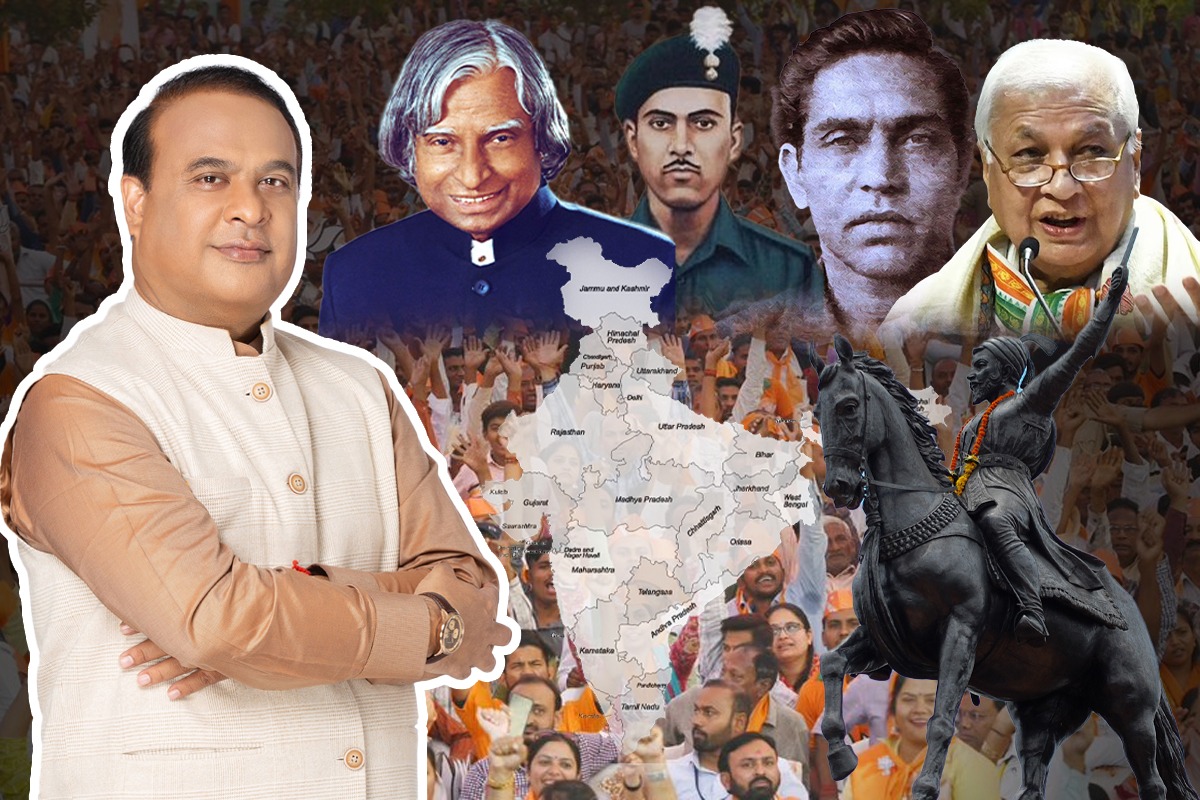Assam Chief Minister Himanta Biswa Sarma in his recent speech, emphasised the importance of upholding figures like Lord Ram and Kautilya to build a new India. He is right in stating this hard truth. Hindus of India have historical wounds from the Islamic invasions and conquest of India. Most Muslims glorify Muslim invaders like Babar and Aurangzeb, asserting their sense of supremacy by highlighting the fact that Muslims ruled a good part of Bharat, that is India.
In the rich tapestry of India’s history, threads of diverse cultures, religions, and civilisations are woven together. However, there are moments in history that evoke painful memories, particularly the conquests and invasions that shaped the Indian subcontinent. While acknowledging the multifaceted nature of our past, it is crucial for Indians today to foster unity and move beyond historical divisions.
The memories of Islamic invasions, marked by conflicts and conquests, have left deep imprints on the collective consciousness, especially among the Hindu community. We should not ignore or dismiss the scars of those times, as they contribute to the mosaic of India’s historical narrative. However, it is important not to let historical grievances dictate our present actions and attitudes.
Emulating the actions of past invaders, whether Islamic or otherwise, may perpetuate a cycle of division and animosity. In the contemporary era, where diversity is India’s strength, embracing unity becomes imperative. It is a call to transcend historical grievances and build a future where the shared values of coexistence, respect, and collaboration prevail.
Muslims need to adopt the following icons on a massive scale – APJ Abdul Kalam, an Indian scientist, politician, and the 11th President of India; Arif Mohammad Khan, governor of Kerala; an Islamic scholar; and a prominent public figure known for his contributions to Indian politics and public service, Param Vir Chakra Havildar Abdul Hamid, a brave soldier in the Indian Army who earned widespread recognition for his exemplary valour and sacrifice during the Indo-Pakistani War of 1965 and Hamid Dalwai social reformer, writer, and Muslim activist known for his efforts to promote social and educational reforms within the Muslim community.
India’s strength lies in its ability to celebrate its rich tapestry of cultures, religions, and traditions. Instead of replicating actions that deepen historical wounds, Indians should focus on fostering understanding, dialogue, and cooperation. By embracing a narrative that emphasizes unity in diversity, the nation can move beyond the shadows of the past.
The call to refrain from emulating Islamic invaders is not a denial of history but a plea for a collective shift in mindset. It is an invitation to celebrate the contributions of individuals from all walks of life who have enriched India’s cultural heritage. CM Biswa Sarma’s speech is a plea for this shift in mindset, from the arrogance of Muslim supremacy which hurts the Hindus, as a reminder of the vanquishing of Bharat by invaders.









